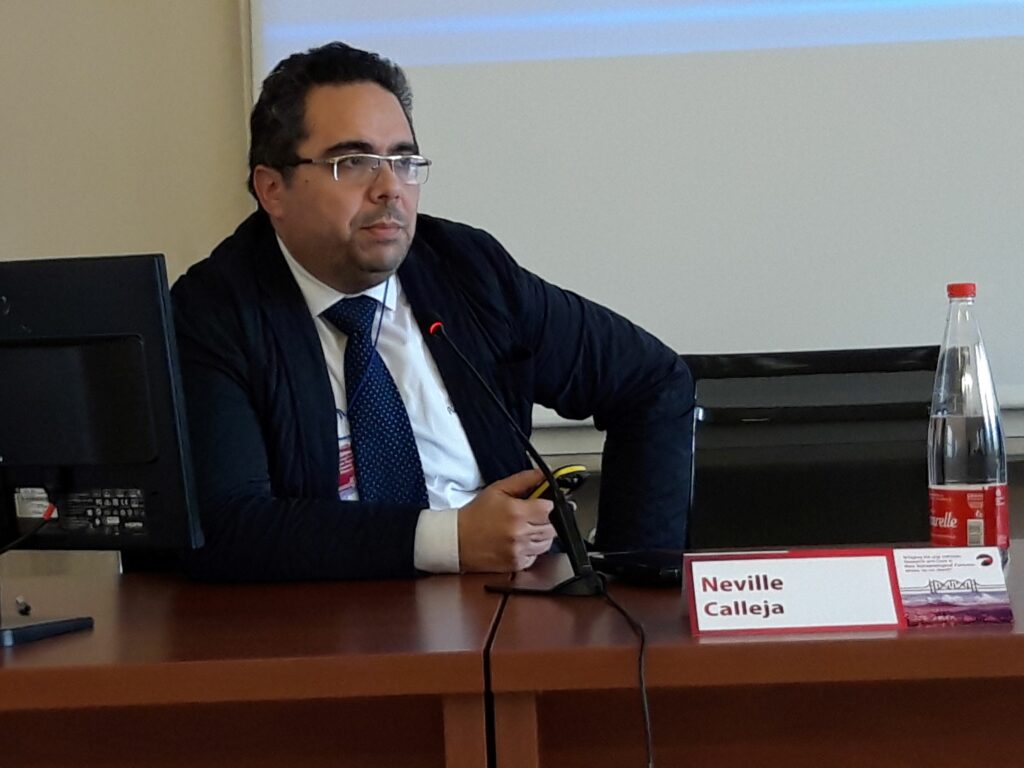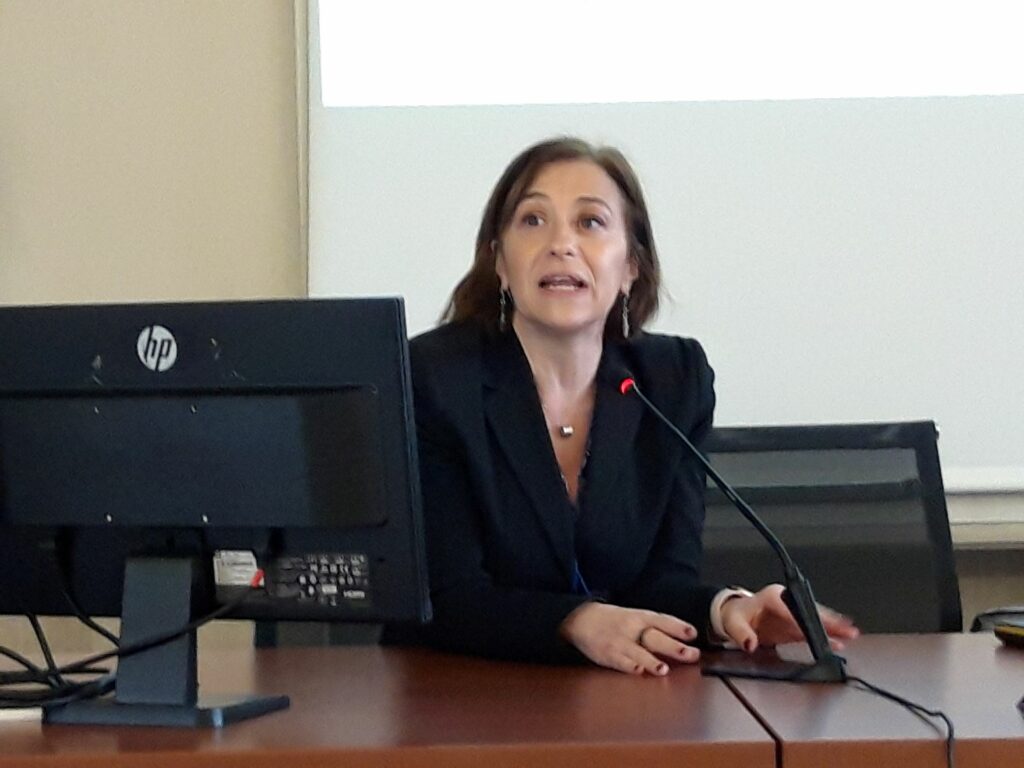Systematic review on pharmacological therapies
A team of researchers led by Prof Klejda Harasani, leader of Working Group 5, in collaboration with GYNOCARE COST members from Ireland, Montenegro, Sweden, Romania and Malta, have recently published a systematic review of clinical trials on pharmacological therapies for rare gynecological cancers.
The purpose of this study was to systematically review clinical trials on pharmacological therapies for rare gynecological cancers and analyze their characteristics. The PRISMA guidelines for systematic reviews were followed and two databases were searched (WHO´s International Clinical Trials Registry Platform and clinicaltrials.gov). The Jadad score was used to assess the methodological quality of completed clinical trials.
A total of 212 records, covering trials from 1993 to 2022, were included in the final review. More than half were phase II trials (110; 51.89%) and the status of recruiting was mainly completed (80; 37.74%). There were 26 (12.26%) terminated or withdrawn clinical trials. Just 42.45% of the trials were specific only for rare types of gynecological cancers. The most common type of investigated therapy was chemotherapy (89; 41.98%), followed by targeted therapy (64; 30.19%) and a combination of therapies (23.11%). However, in the last five years there was an increase in trials investigating targeted therapies such as immunotherapy, overgrowth-related and angiogenesis-related therapies. All completed trials except one, had a Jadad score 0-2, indicating low-quality. Thirty-six (45.00%) completed clinical trials had neither posted results, nor publications. Higher quality clinical trials with better reporting of results are needed for rare gynecological cancers.
Despite the increase over the years in the number of trials investigating pharmacological therapies (especially targeted therapies) for rare gynecological cancers, higher quality clinical trials and better reporting of results are needed.
This research publication was the result of the fruitful work as part of a Virtual Mobility Grant from the GYNOCARE COST Action. Click here to read the full text of this scientific paper.
During the GYNOCARE Conference held in Naples in February 2023, which was entitled 'Bridging the Gap between Research and Cure in Rare Gynaecological Cancer', there were keynote lectures focusing on clinical trials in this field. Smart clinical trials, especially those intended to design cures for rare gynecological cancers, are crucial in order to allow advances to be made. The European Union enacted a new Clinical Trials Regulation in 2014, replacing the previous Clinical Trials Directive of 2001, in a bid to create a level playing field across EU member states, whilst simplifying the application process for researchers and providing more visibility and more transparency to the general public on clinical trials. As explained by Prof Neville Calleja, Head of the Department of Public Health, University of Malta, Malta, the European Medicines Agency has introduced the Clinical Trials Information System (CTIS), an IT infrastructure through which all clinical trial applications are to be processed, by applicants and regulatory authorities, and which also includes a public interface for the general public to be informed of what research is happening, together with documentation pertaining to such clinical trials.
Among the other eminent speakers, there was also Prof Domenico Lorusso from the Department of Obstetrics and Gynecology, Catholic University of Sacred Heart of Rome, Italy who demonstrated how, in the Empower Cervical 1 trial, the anti PD1 inhibitor cemiplimab provides better outcome in comparison to single agent chemotherapy in second and third line setting of advanced disease. The KEYNOTE-158 trial has led to the approval of pembrolizumab in recurrent programmed cell death ligand 1 (PD-L1) positive cervical cancer based on a significant increase in overall and progression free survival when combined to platinum-based chemotherapy plus or minus bevacizumab. Combinations of programmed cell death 1 and anticytotoxic T-lymphocyte-associated protein 4 inhibitors (CTLA4) inhibitors have shown promising and durable activity. There is active research with new combinations of checkpoint inhibitors, as well as combinations of these drugs with chemotherapy and radiation, and other novel approaches. Responses to immunotherapy can be dramatic and durable. Continued work to find the optimal combination and setting for immunotherapy is ongoing and all these aspects were discussed during the COST conference.
Click here to read the full Naples GYNOCARE conference proceedings.
In June, during the GYNOCARE Training School held in Sofia, Bulgaria, there was a whole session dedicated to clinical trials. Among the keynote lectures, there was one specifically on research ethics in clinical trials involving rare gynaecological cancers. This was delivered by Dr Svetoslav Stoev. Click here to watch the lecture.

